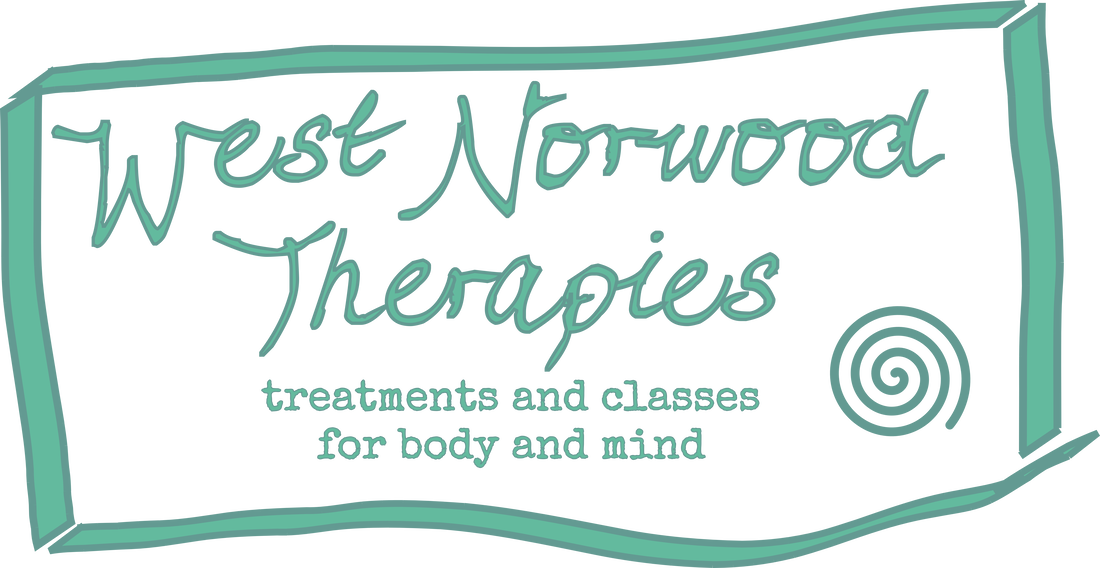|
Acupuncturist Philippa Summers suggests some local classes suitable from pregnancy to preschool and highlights which of the WNT team can support you around this busy, nurturing stage of life. As the nights begin to draw in and we withdraw inside a little more it can be more challenging to plan your days with a baby or toddler, and to look after your own well-being and fitness. Well, the good news is there are a wealth of opportunities out there, activities you can do with your baby or children and classes for yourself with your baby or at those precious moments you have to yourself. Just getting out and meeting up with other mums and dads can make a whole world of difference as you adjust to parenthood. Maybe you are looking for something specific or just want to browse and see what’s out there.
I came across a website, Happity, that makes searching for classes and events in your area a doddle. It covers everything from pregnancy through the baby and toddler years to age 5. Prices vary, some are free and some low cost from as little as £2. Among them are:
I know from my own experience and that of probably every parent I know just how important these groups are through this phase of life. If you are struggling with post-natal depression Happity also have a dedicated area of their website which includes links to useful resources. Check out their blog, too. I’d like to make a special mention for Gather-ed as they offer something a little different and I think much needed. They offer 1:1 support, workshops and group gatherings with experienced facilitators including midwives - ‘gently facilitated discussions on themes and topics relevant to parenthood…and are a space for honest, authentic conversations’. Wednesday mornings at Knowles in West Norwood, other classes in East Dulwich. Pregnancy Treatments at West Norwood Therapies Finally, we can help to support you throughout your pregnancy with our treatments at West Norwood Therapies:
Acupuncture: Some women choose to have regular acupuncture to support them throughout their pregnancy, but commonly it will be to help with a particular issue. In the early stages of pregnancy women often seek help for morning sickness and at the latter stages for breech presentation and birth preparation. For birth preparation there are advantages to starting treatment at 36 weeks but with the all-clear from your midwives we can also offer treatments when you are overdue and facing an induction. If you are trying to conceive Laura and Philippa also offer fertility focussed treatments, too. Please just get in touch if you’d like to find out more.
0 Comments
Sports massage therapist Tessa Glover interviews her client Emily Hayter who is a competitive swimmer who trains with Spencer swimming club. Emily shares how she approaches training and competing and encourages us that swimming can be taken up at any age and stage. Thanks for sharing Emily! 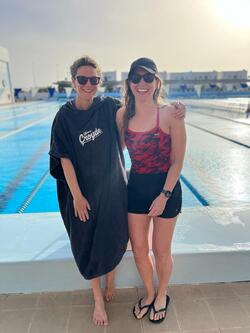 How long have you been a competitive swimmer? I always loved the water and I swam competitively for a few years in my early teens while I was living in Canada. I swam on and off on my own after that but was mainly keeping active through other things. After a 17 year break from club swimming I joined a Masters club, Spencer, in London in my early 30s and started competing again. How did you come to choose your preferred swimming stroke and distance? It's changed since I was younger, partly due to injuries (eg no breastroke because of my knees so no medley events anymore). The only one of my favourite events from when I was younger which I'm still doing is the 50m butterfly. One thing that's great about pool swimming is you learn and practise all four strokes, so everyone finds their own favourite. Aside from the 50 fly I race all freestyle, everything from 100m to 1500m. This year I'm also doing my first open water event which will be 3800m. At some point I might need to choose between the short and long distances though, as it's difficult to train for both at the same time. What do you love most about swimming? What does it give you? As an adult, swimming in a club has brought me back to a regular fitness schedule, guided by a coach and in the company of great fellow swimmers. I get so much more from it than I was getting just from going to the gym. I've also made new friends and started going on swimming trips like training camps at Club La Santa in Lanzarote and sea swimming holidays in Italy with SwimTrek. I feel inspired by the older swimmers in Masters, many of whom are still racing and setting records in their 60s and beyond. Club swimming has brought me great examples of how to stay fit in later life. What's the toughest part of training for a competition? I've always been more of a training person than a racing person. I like training and usually go 3 times a week with Spencer. Some people are the opposite, they love racing but not so much training. The unpredictability can be tough in both training and racing. You have good days and bad days in the pool, and they can be quite random (ie not linked to diet, rest etc) which can be discouraging. So trust and confidence in the training you've been doing throughout the year is important. There's also a lot of technique to think about in swimming, and we work on that all the time. It's difficult to change ingrained habits and patterns of movement, and it takes patience. I usually find that as soon as I fix one technique detail I start doing something else wrong! So it's a continuous process. Can a swimmer get into competitive swimming as an adult? Definitely! I know several people who only started doing lane swimming or learned all the strokes as adults and then got into competitions, either in pool/Masters swimming, open water or triathlon. At my club not everyone competes in pool competitions, some people do triathlon or open water and others just train for fitness and don't compete at all. How do you look after yourself physically and mentally? I do pilates a few times a week, which helps with management of old knee and back injuries that would otherwise prevent me from swimming. Swimming encourages me to do these types of conditioning exercises I should have been doing before but wasn't motivated to do. I used to do yoga but after learning more about hypermobility I swapped to pilates and find it better for me. I also go for massages with Tessa at WNT which really helps me manage a neck issue I've developed. I'm lucky to have generally good mental health. I try to maintain it through exercise, work/life balance, social life and occasional restorative yoga. I love food and eat a lot but generally pretty healthily. Another thing I should have mentioned that swimming gives me is the excuse for a lot of snacking.
How long have you been a swimmer and when did you discover the joy of open water swimming?
Although I learned to swim as a child I only took up Open Water swimming aged 51. As my youngest son finished his A levels, I found myself with more time at weekends. I know you consider yourself to be a slow swimmer compared to others but you are a strong endurance swimmer. When did you discover that you can swim long distances? And what’s the key to endurance swimming? After a few 1 mile (1.6km) lake swim events I decided I wanted to take on bigger challenges, so next up was a 1.9km then a 3km swim. I couldn't find anyone to join me for the Jubilee river 10km relay and ended up signing up to swim solo instead. It was at this point I decided I needed some swim coaching so joined Windrush Triathlon club, a multi-sports club in south London. After the Jubilee marathon I did several other long distance swims and also went on some open water swimming holidays. My tips for endurance swimming are to keep working on your swimming technique over winter, then gradually build up to longer distances in lakes, rivers and the sea as the weather warms up. Experience of being able to handle currents, cooler water and all weather conditions helps a lot. Breathing, technique and cardio fitness combined? Anything else? Relaxed breathing comes with practice and I would also recommend some strength and conditioning sessions and of course regular sports massages. What do you consider to be the main benefits of open water swimming? I experience a huge sense of wellbeing swimming outside. I love the sensation of moving through the water, hearing birds, seeing fish (sometimes) and feeling part of nature. The open water swimming community is extremely friendly and I love the challenge of different water conditions. A sea swim between the same two points will be different every single time so you never get bored. I like to think there are health benefits and I definitely feel more mentally resilient. What advice would you give to people who would like to try lake or sea swimming for the first time? Many venues have introductory sessions so I would try these. Don't wait until you can persuade a friend, as you will meet like-minded people there. For sea swimming I would rely on local knowledge and join online communities. For a first time open water swimmer, what are essential items they should buy/borrow? Essential items are a comfortable swimming costume, a brightly coloured swim cap and goggles. If you want to try a longer swim and/or cooler water, a wetsuit is recommended. You can hire these at many venues if you want to try one out. I bought my first wetsuit second-hand. Make sure it is a swimming wetsuit though, a surfing one will restrict your shoulders. I would also recommend a tow-float unless it is very windy and the first time you swim against the current (outside an organised event), fins can be useful. Margi is Swim Captain at Windrush Triathlon Club https://windrushtri.co.uk/swimming Acupuncturist Philippa Summers shares the nourishing effects of our recent team picnic and the ingredients that helped make it. The plan was a midsummer 3 day social / retreat in Scotland, meeting up for the first time in her homeland with WNT founder, Jennie Duck, who manages WNT remotely from rural Ayrshire. After all the social cancellations, postponements and thwarted arrangements that Covid wrought on us all we had thought that this one was in the bag. We meet regularly on Zoom and Jennie makes the occasional trip South, but this was to have been our first trip to see her there since she moved several years ago and our first residential social together. Planned in March, excitement seeded, accommodation reserved, trains booked and therein lay the rub. It wasn’t covid that scuppered our plans it was the train strike. Driving that distance was out of the question with all train traffic moving to the roads so we cancelled. We were all gutted. So, plan B a picnic in Brockwell Park! Sadly no Jennie, of course. And, just to be clear this was a ‘keep it simple’ kind of picnic – not a wicker basket or gingham tablecloth in sight. Bring a sandwich, with the emphasis on getting together and making the most of the sunshine. Lauren, bless her, did however make the most gorgeous lemon and poppyseed cake with gooey tangy lumps of lemon flesh, elevating it up a notch or two! It was a glorious lunchtime together, a modest affair, a chance to catch up face to face. Alas, not quite what we had planned but when life cancels the trains and gives you lemons, make the delicious lemon and poppy seed cake below and have a picnic. If you are not a regular to Brockwell Park do checkout it’s many surprises. The walled garden, the Community Greenhouses, the views of the city from between the café and the tennis courts, the lido, children’s paddling pool and playground. Our beloved park has so much to offer everyone. Enjoy your summer! Lemon and Poppy Seed Cake Serves 10-12 This cake is huge with deliciously tangy pieces of lemon pulp to tantalise the tastebuds, so great for sharing at large summer picnic. Says it serves 10-12 but goes further than that. Not healthy (don’t even look at how much sugar it contains) but hey, once in a while! Ingredients: 7-10 unwaxed lemons (1kg) Wet: 210g unsalted butter, melted 275g buttermilk 145g honey 95g grapeseed or other neutral oil 6 large eggs 1 egg yolk Dry: 530g plain flour 440g sugar 25g black poppy seeds 5g baking powder 5g bicarb of soda 5g salt For the glaze: 250g icing sugar 2 lemons juiced 40g honey Grease and flour a 2.8 litre Bundt Pan. Heat oven to 190C, fan 175, Gas 5. Zest the lemons (outer yellow only), reserving the zest. On a plate to catch the juice, cut ends of each lemon and cut away peel. Remove the pulp from the membranes. Keep all the juice and the pulp cut into 1 inch chunks. Squeeze extra juice from the membranes and discard. This should give about 15g zest, 170g pulp, 70g juice. Top up with extra lemons. That is the fiddly bit done. Whisk together dry ingredients. In a separate large bowl whisk together wet ingredients. Mix wet and dry and stir well to combine. Add lemon zest, pulp and juice and mix well. Pour batter into bundt pan and bake 60-70 mins, checking after 60 mins – press top of cake and it should bounce back. Cool cake in the pan for 45 minutes, loosen with a spatula and carefully turn onto a wire rack, with a wide pan underneath to catch any excess glaze. To make the Glaze simply whisk the ingredients together and then pour over the cake in a steady stream. Leave to set for 15mins. Enjoy! Our thoughtful massage therapist Erika Zettervall considers our impact on the planet through our life choices and whether an awareness and gratitude for the intricacies we take for granted can help us to tread a little lighter and perhaps learn to leave less trace. The festive season is upon us as the year of 2021 is rapidly drawing to an end. Again a new covid variant threatens to upset and thwart carefully made plans of festivities. Remembering last years sudden disruption to celebrations and disappointments is perhaps not what we had in mind gearing up to Christmas. But being prompted to look back into the year we have just had is good in order to see where time has gone. Revisiting good moments reinforces the feelings of joy/wonder/love in life and fills our source of strength. Equally, acknowledging difficulties and hardship and persevering in this crazy unpredictable thing called life develops this source of strength. Reflection can also help in seeing what direction we are traveling and becomes an opportunity to adjust direction. We need moments to rejoice, to experience abundance and generosity. Connect, congregate and break bread together. Nurturing our seeds of happiness. The true spirit of Christmas contains all that. The trouble is we easily slip into excess, stressing out and inadvertently creating the opposite. Too much of a good thing becomes a bad thing. Reflecting on questions such as ‘where does it all come from?’ and ‘where does it all go?’ might bring connection to our impact on our planet and maybe bring more of a sense of being part of our environment. It might also be a bit uncomfortable. This year we have become reminded what complex logistical network we live in and how fragile the chains of distributions are. The mind boggles thinking of all the parts that comes together in order to create a simple plate of food. From pretty straight forward seeds that have been watered, nurtured into a plant and then harvested, to animals that have had their food grown and harvested to be feed them then their life taken and turned into cuts. The tools and cutlery we use was made somewhere by someone and ended up in our kitchen. Resources we use for cooking, cleverly arranged so we only switch on the hob. The person who shopped and cooked the food. You quickly create endless complex webs and chains of all that came together to create one meal. It is quite remarkable what we are capable of and how interconnected we are. Before digging in to your plate of food, pause and give thought and thanks and gratitude towards all that had to come together for the meal to manifest. Some say grace before a meal and thank God. I was brought up in an atheist environment and particularly my father thought it ludicrous to thank God as it was his hard work that paid for the food. My mother who did the cooking and shopping probably wanted to be thanked for that. I think they missed the point. Saying grace is a way of thanking all that came together for the meal to be there, regardless of belief in God or not. Pausing and express gratitude before feasting heightens the sense of wonder and respect. Where does it go? What do we leave behind? Definitely less pleasant to think about but non the less necessary - the food becomes energy for our bodies and waste. The waste bit we generally don’t like to give that much thought to: go to the loo, flush, gone. But where does it go? (We have been reminded this year that more often then we like to think it gets dumped in our rivers). We have our rubbish collected as a part of our council tax payments so we pay to not have to worry about it and - when it works - it’s very efficient and convenient. Currently there is an exhibition at the Design Museum in London titled Waste Age. It’s focus is on solutions. I have not yet seen it but read about it in this article. It sounds optimistic and interesting. Generally, I despair about the state of waste in the world and particularly attitude to littering in this country. (The writer and comedian David Sedaris explored this topic years ago and I will refrain from going into a rant, but it is very noticeable when returning here from abroad.) I believe there is a natural desire in us to make a mark or leave a trace that we have existed. Cave paintings contain handprints likened to a signature. Carvings in stones and tree trunks leave a mark of our presence to posterity as graffiti paintings do. Monuments and graves are, to some extent, also markings that we have been here. Perhaps we fear being forgotten, that our life’s were insignificant and unremarkable and that feeling drives a need to mark our existence and create a memorial. But I doubt anybody likes the notion that we will be known in history as the era of waste so this flame of desire might not need more encouragement and instead some temperance. I thought of wild camping. Not so much as a venture but the ethos of it. Leave no trace. You set up your camp discreetly, bring all you need with you and leave nothing behind. If you need a poo you carefully select a spot to not contaminate water, dig a hole and cover it. You don’t scare the ground with fires but take your stove and fuel with you. Visiting a place without engraving your presence on it. “If you see the suffering in the world but you haven’t changed your way of living yet, it means the awakening isn’t strong enough” – Thich Nhat Hanh When we live many together as we do, almost everywhere in the world we have found support for our existence by providing infrastructure for amenities. But we may have lost the connection to the impact this has on our Earth. By considering how interwoven we are and what impact we have we might be led to tread more lightly while still celebrating life and so begin to change the course from becoming the age of waste. Some ideas for Christmas stocking fillers: litter-picker, ticket to Design Museum, Thich Nhat Hahn book Zen and the Art of Saving the Planet.
Sports massage therapist Lauren O'Sullivan shares her challenging experience in attempting a plastic free month and some helpful suggestions as to how to reduce your plastic consumption when it is ubiquitous. Prepare to be challenged! July is ‘Plastic free month’. Its purpose is to raise awareness and encourage people to reduce their plastic waste. Sounds like a great idea and it might just be the reminder and call to action that some of us need to make a change in our plastic consumption and subsequent waste. But how easy is it? Not so easy. I challenged myself to not buy any new plastic in the month of June. Using plastic products that I already had was okay, I just couldn’t buy any new plastic for a month...I lasted a week. Which in hindsight is quite impressive. I hadn’t realised before I set myself the challenge just how much plastic is EVERYWHERE. Not to mention that in the month of June I was having work done on my kitchen so my only food options were ready made meals or takeout: cue the plastic. Kitchen work aside, I still thought that if I made the conscious decision to avoid buying plastic, I could. For that first week I deliberately bought take out food from places that I knew used cardboard boxes or, even better, compostable packaging. Another relatively easy choice, which I’ve already been making for several years, is taking my own cloth bags to go shopping. I also buy dry goods and toiletries such as hand soap and shampoo from a zero waste refill shop - more on that later. All of the above aside, it is quite literally impossible to buy milk (dairy or alternative) without plastic and oat milk is something I consume daily. The only alternative there would be to make my own, and quite frankly I just don’t have the time! The other thing that is impossible to avoid is tags on clothing. I am an avid charity shop goer and I feel that reusing clothes that otherwise would be thrown out is a great waste saver, but you can’t avoid the plastic price tag! It’s in the little details that I got caught out (and those are just a couple of examples) and if I wasn’t doing the challenge I probably wouldn’t even notice them. It has really opened my eyes to just how much plastic is used. We don’t even realise our consumption of it on a daily basis. If we can’t cut it out completely, thankfully, there are ways that we can REDUCE our plastic consumption and waste. Starting with zero waste refill shops. You bring your own container and fill it with ingredients or products that the shop buys in bulk, therefore reducing plastic packaging needs. Granted, there are some in London that only stock very expensive organic products and ingredients and charge extortionate amounts for them. However there are a few gems in and around West Norwood: Sustenance - West Norwood (pop up at Portico Kitchen) Healthier without - Streatham → apparently they now have their own oat milk dispenser! BYO - Tooting market Some other great ways to reduce are:
Where you do need to purchase plastic containers see if you can reuse them before recycling them. If you have kids, plastic containers can become all sorts of arty creations! If you are a keen gardener, plastic bottles or lids can become germination pots and plastic bags or sheets can become cloches. Paying a little bit of attention and being more conscious of your decisions in regard to plastic consumption and waste can make a big difference. Start small and build habits. Good luck! This week we have a guest post from our dear friend Yinka who used to work with us as an osteopath and yoga teacher and with whom we maintain a strong and respectful relationship. Here Yinka muses on the benefits of her allotment to her wellbeing in honour of 'National Growing for Wellbeing' week 7-13th June 2021. 4 years ago, my name finally came to the top of the allotment waiting list. It was a mess of cooch grass, weeds and dumped bits and pieces. I feel in love with it straight away, and it quickly be-came my happy place. It has been hard work, frustrating at times and mud under the fingernails and osteopathy are not an ideal combination. As we went into the first lockdown of 2020 it really kept me going and became a place that was essential for my wellbeing. I had more time on my hands than I have had in many years but no seedlings or plants and no option to by any. I decided that it was time to put the small propagator that I had bought 2 years ago into operation. I bought a selection of seeds online and set to work. Choosing the seeds was a combination of things I like to grow, what was available and wishful thinking.
Seeds were sown and I waited, I have a very small but much appreciated garden and really en-joyed using the space for sowing seeds potting on, and “designing” what was going where. It was a place of calm and when the world felt chaotic and uncertain. Having the time to think about the layout of beds helped to keep me focused and grounded, digging and weeding took on a new zeal as it was time out of the house when there was very little opportunity to do much else apart from work. In years gone when time was short; I have bought what I can get my hands from garden centres and shops to plant out so quite haphazard about things. Last year I thought more about colour, variety and protecting my seedlings and plants from foe like foxes, slugs, snails, and pigeons (more on that later). Checking my plants became a daily relaxing ritual. Go-ing to the allotment most days became my regular exercise, quietly whiling away the hour(s) out-doors and feeling relaxed whilst forgetting albeit temporarily about the pandemic was blissful. Our allotment is not pretty, it’s my higgledy piggledy happy place and its design is ever changing and forces me to accept what I cannot change (the elements, pests, dud seeds) and keep trying new things. Yinka runs her osteopathic clinic from her home in Brixton and online yoga classes. Visit her website at https://www.holmewoodosteopathicpractice.co.uk/ and find her on instagram @theosteopathyogi WNT founder Jennie Duck shares some thoughts in time for Small Business Saturday about shopping local this festive season, how much we have to celebrate on our doorsteps and how important it is to support our communities. We are all relieved to be back to work again now that the mini-lockdown has ended – hurrah! We find it hard knowing we can help and not be allowed to do so.
As the owner of WNT and the person with whom the buck stops it is a relief too to be able to feel confident our business can continue to trade. Tomorrow is Small Business Saturday which celebrates and champions small businesses and it feels particularly important this year to recognise the value and the merit in small businesses. Recently I heard a snippet on the radio* about how well Amazon have done out of lockdown, their (already huge) profits are soaring. They had feedback from a couple of workers who’s hours had become ridiculous – overnight shifts from 6pm-8am – that’s 14hours – where they are in a little cubicle packing up orders that little robots bring to them. I forget the number of packages they did in an hour but it was phenomenal and I do remember that they average 1minute labour per item end to end. 1 minute! What can you do in 1 minute?! The suspicion is that this is building toward doing away with the human input altogether, making these processes so un-personal that a machine can easily take the persons place. I’ve seen memes that say “every time you buy from a small business an actual person does a little dance”. At WNT we might not dance every time you book, but we certainly smile and I’ve been known to jump up and shake some booty when I see a full diary. This isn’t just because we are getting income, it is because we are fulfilling our purpose – this is what we want to do, this is what we care about, this is how we know we can add value. We are lucky enough to work in a vocation where we get an income for doing what we care about and believe in. A couple of weeks back I was involved in a brilliant Instagram live session organised by Poppy from Pop, the hairdresser across the road from WNT. She had invited a few local businesses to come and chat about how we were affected by lockdown and share a bit about our business and anything we have on the horizon for Christmas. It was so lovely to see the faces of West Norwood high street and be reminded the richness of what we have outside on our doorstep. There is so much run by lovely people – you can see it here. In all of these businesses we are real people who are invested deeply in what we do, the services we offer and things we sell. At WNT each of us is a person who has relationships with their clients and who is part of a team, we all know the names of each other’s children, we know when someone is having a challenging time, we know we can call each other when we need some support ourselves. We spend time talking about the experience of working where we do and how to make our environment better for you as clients. We care about all aspects of what we do. Our society has been damaged by lockdown, this pandemic has sent fear through our communities and made us wary of interaction and physical contact. We need to remember how important society is, how it matters what we do with our lives and how we treat people and are treated ourselves. If we keep investing in companies that treat people like faceless commodities then those companies will gain more and more power. If we can look around us, recognise that the real people working to make us things and offer us services are our neighbours, our friends, the communities for our children and we need to invest in them if we want to hold onto that and continue to have this richness on our doorsteps. For some great local shopping showing some of this richness, West Norwood Feast is on this Sunday 6th December https://westnorwoodfeast.com/sunday-6-december/ I wish you a happy festive season full of thoughtful shopping and under-overindulging ;-) * unfortunately no idea what it was other than something on radio 4 so cannot give more context or reference West Norwood Therapies is in it’s 6th year and with each year has come a different phase in our lifetime. As it’s founder I’ve learned to let it evolve rather than try to control that evolution too much and no phase was less planned than this one! Not much about 2020 was expected and these extraordinary circumstances led us to contract rather than expand and we are now a team of 6 (plus me as a 7th managing things from Scotland) down from the 12 we were at the start of the year. This was a sad transistion and we have all grieved the loss of the team that was and the second lovely studio room we had to let go.
In my experience, if you can stay with the clouds awhile they gradually part to show the sunshine and I feel encouraged and satisfied that this new phase is a sunny one. In these covid-determined times we are feeling how important it is to connect and that emphasises the values that are at the heart of WNT. We are all part of this collaborative collective because we want to work with other skilled professionals, to have a supportive team around us and to be able to work with our clients in a meaningful way. We had paused on our normal blog sharing, social media posts and promotions as we adjusted to working in an adapted way and we feel like it would be good to start to share our story of how we are now which we will do over the coming months. We will look at what WNT is, who the team are and then explore some of the ways we work using the 5 aspects of wellness Laura explored in her recent blog – physical, emotional, mental, spiritual and social. So we hope you will enjoy following us and getting to know us better either on Instagram or Facebook and we’ll include what we can in our monthly newsletter. WNT founder Jennie Duck reflects on what it takes to create a therapeutic environment and her pride in a team that has rallied to make the most of a challenging situation - we are so excited to be working again! Just before lock down I was getting ready to start a massage practice up where I live in Scotland. I was looking forward to getting back to something I love and feel is valuable. Part of what I love to offer is the practical, physical aspect of massage itself – the warmth of touch, the kneading and cajoling to find release in tense muscles, the relaxation that can be found even in strenuous massage.
But there’s far more to it than that. There’s the space and the environment that we as therapists invite our clients into, the fact of creating this ‘womb’ as a friend of mine calls it where you feel safe, welcome and accepted before we get into much treatment even. The warmth and lighting matters, the space and air matters, the cleanliness matters, the energy we’re giving out matters – there are a lot of things that go on ‘behind the scenes’ to create this environment at West Norwood Therapies. Then there is our interaction before we actually meet in person – any calls or emails beforehand and then our initial consultation and initial chat for follow up appointments. This is when you get an opportunity to glimpse us a bit, to understand how capable we are of listening and hearing you and tuning into what you are looking for in your visit. This is important as it lays the foundations of trust which will determine how much you relax into the treatment and how our intuition feels its way as we work which can together greatly enhance the effect and value of treatment. And then the treatment itself – in my case a massage treatment. Here you are literally in my hands! You are trusting me to work on your body and in some instances to really get stuck into areas of long held tensions and stresses that are potentially part of a self-protective armour, while keeping you comfortable and suitably covered. It requires me to be sensitive to this and to trust your body’s responses and my instincts to work where is needed but not beyond that. A lot of trust on a conscious and subconscious level as well as some intimacy in a practitioner-client relationship. Fast forward 5 months and here we are opening West Norwood Therapies in a different light. We have had to look at our space, carrying out risk assessments and removing a lot of the fabrics and knickknacks that we had put in to make it homely and warm. As we first started to look at things I wondered how on earth we were going to retain the essence of treating people as I’ve described above. How can we make the environment inviting without an electric blanket? How can we create a bond of trust when we’re masked and you can’t see our smiles and more nuanced facial expressions? How can you feel safe enough to relax and let the therapeutic work really happen when there’s a global pandemic around? Well, I am humbled and impressed at how my colleagues have rallied and worked to make all of this feasible and proud of what we have achieved. We have been open for almost a fortnight and the feedback has been positive both from clients and from practitioners. It is a different way of working, particularly wearing PPE and having to be careful which surfaces are touched and to dutifully clean and disinfect everything between clients, to have an air filter working and take time to air out the room. But the essence of the care, warmth and skill that they are all sharing with you as clients and the connection that they make with you is all there. I am excited and reassured that we at WNT (minus me in Scotland and the practitioners who sadly couldn’t return due to closure of the studio space) are able to open again and be able to offer our valuable services to the same high standard as before. We know that there have been ripples of trauma touching people in all sorts of ways the past few months and hope that we can be of service to you now. |
AuthorBlogs from the WNT team. For our blogs from before June 2020 please see individual profile pages - it's a good way to get to know practitioners too. Archives
June 2024
Categories
All
|
|
Visit us - by appointment only please - in the office block in the Access Self Storage premises at 443 Norwood Road, London, SE27 9DQ
[email protected] Phone - please contact practitioners directly, or if not in a rush you can leave a message for us to call you back at 07931876931. |
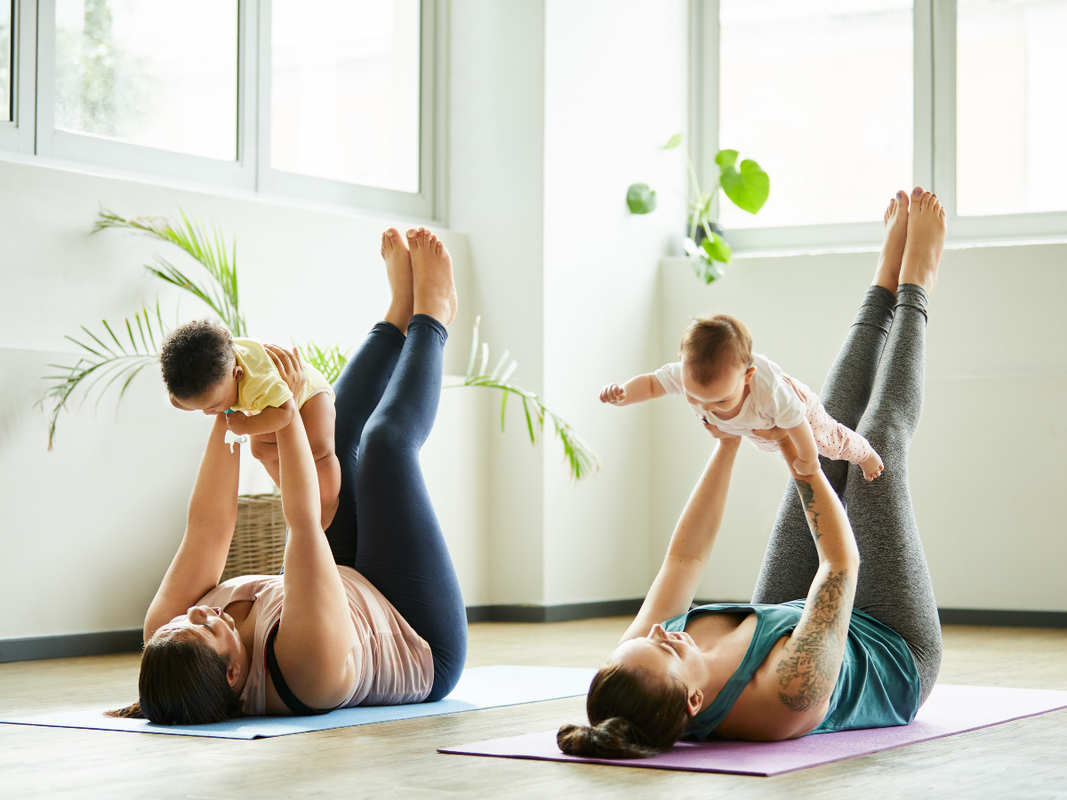
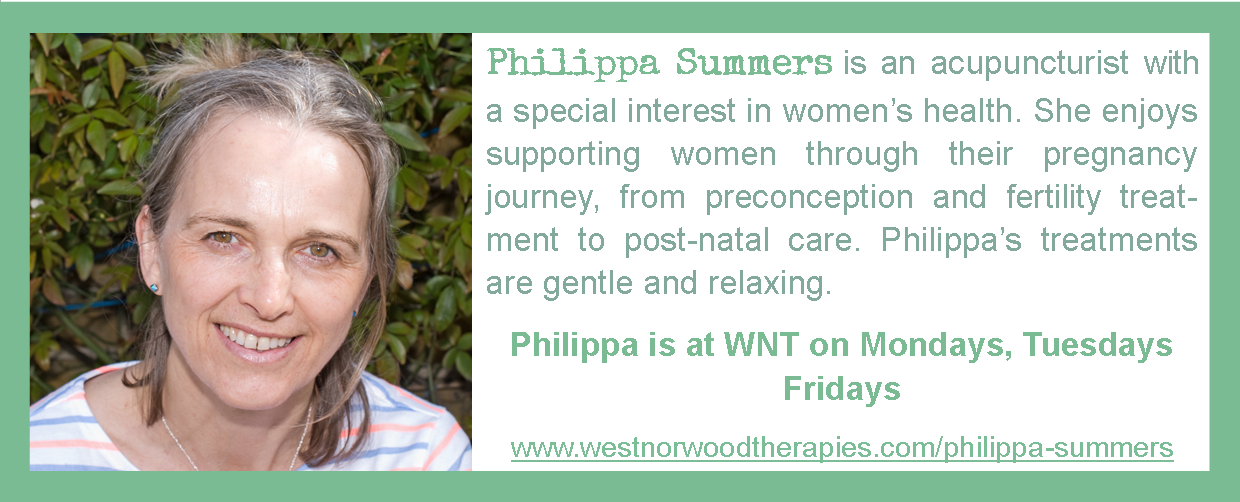
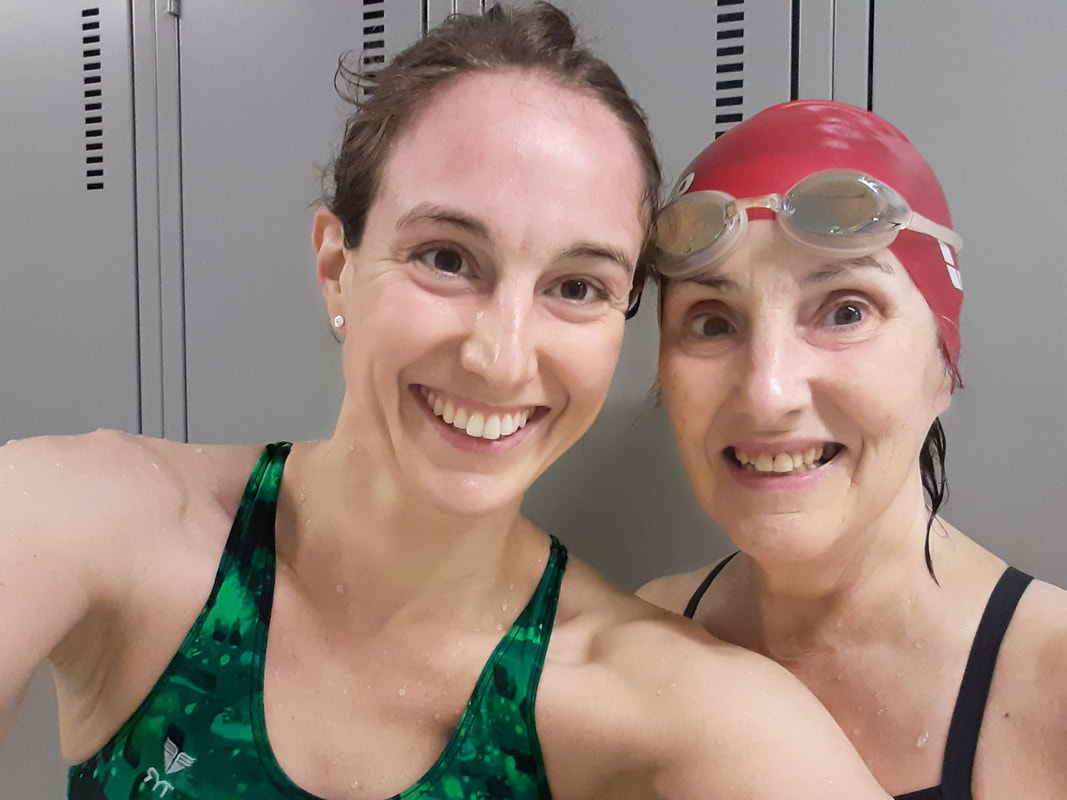
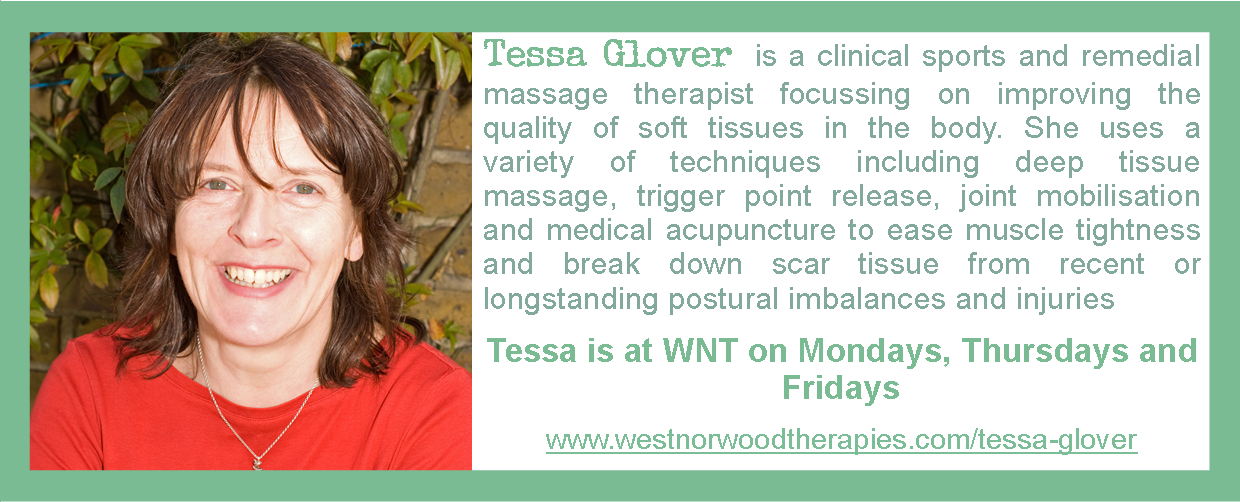
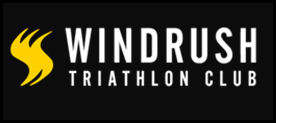
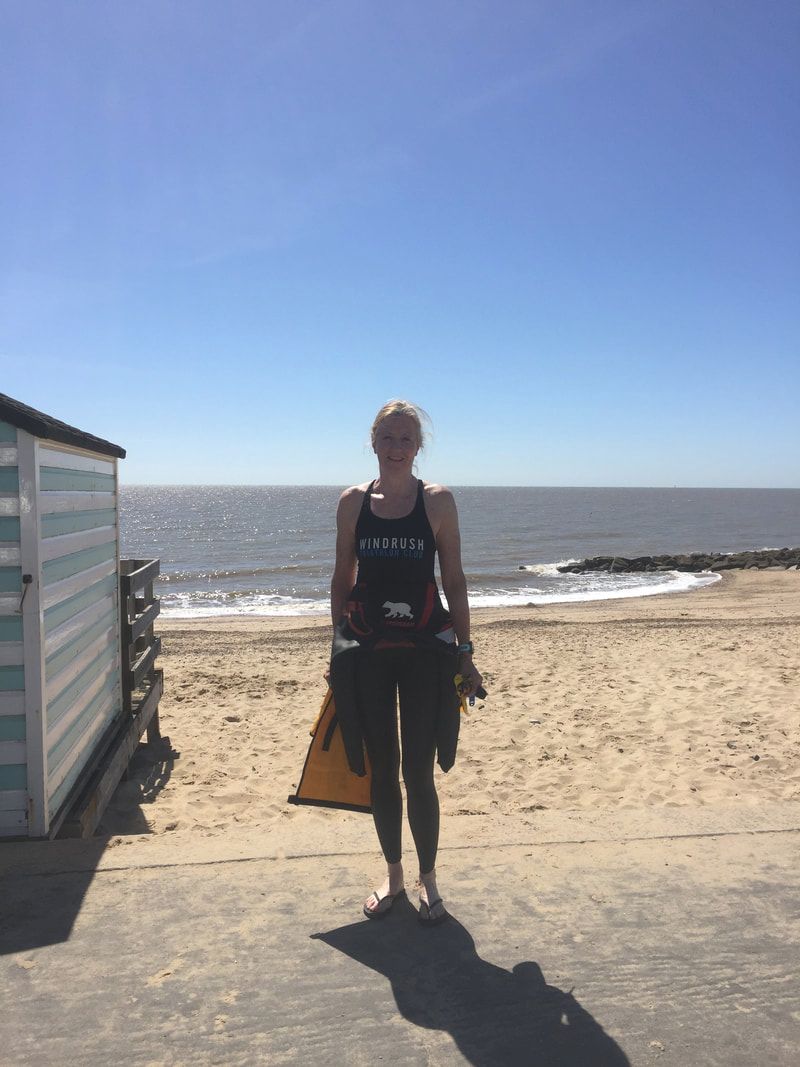
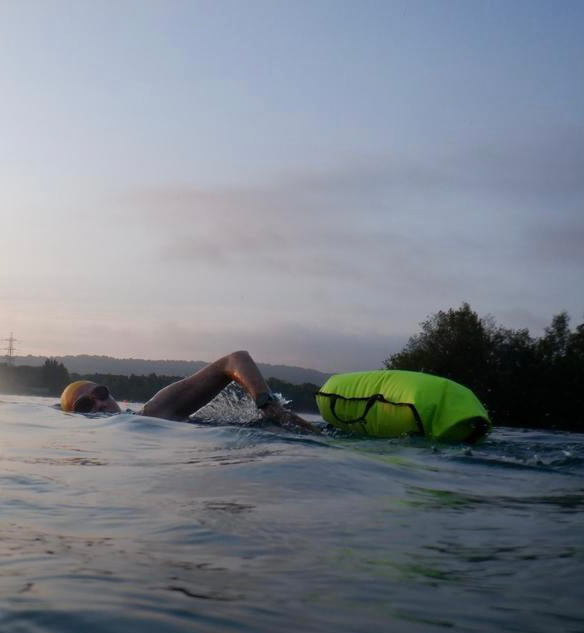
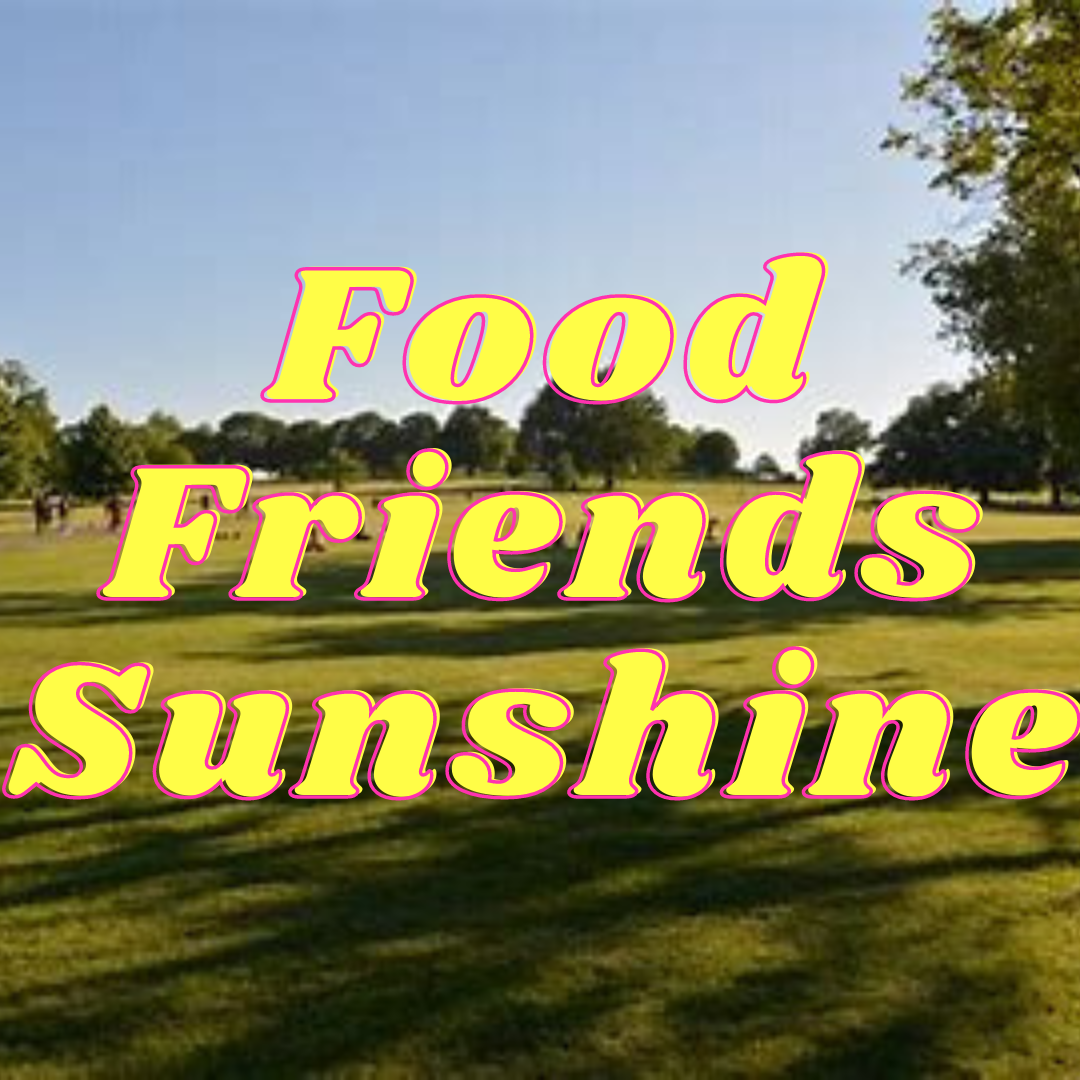
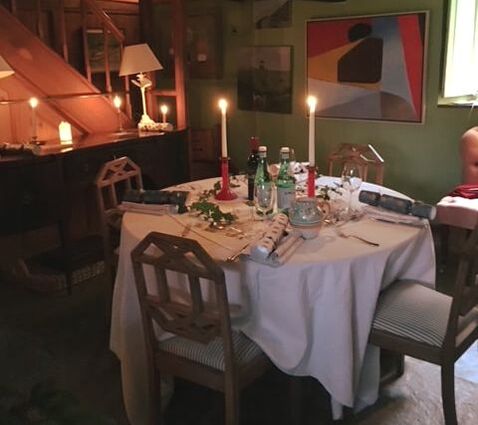
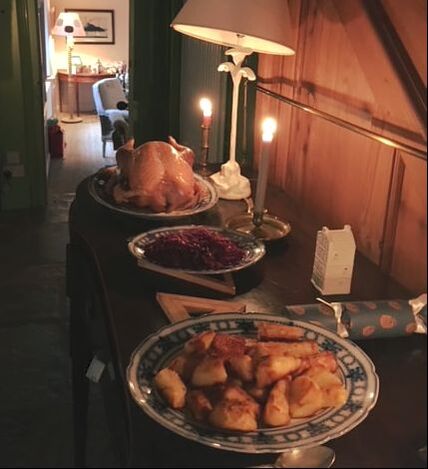
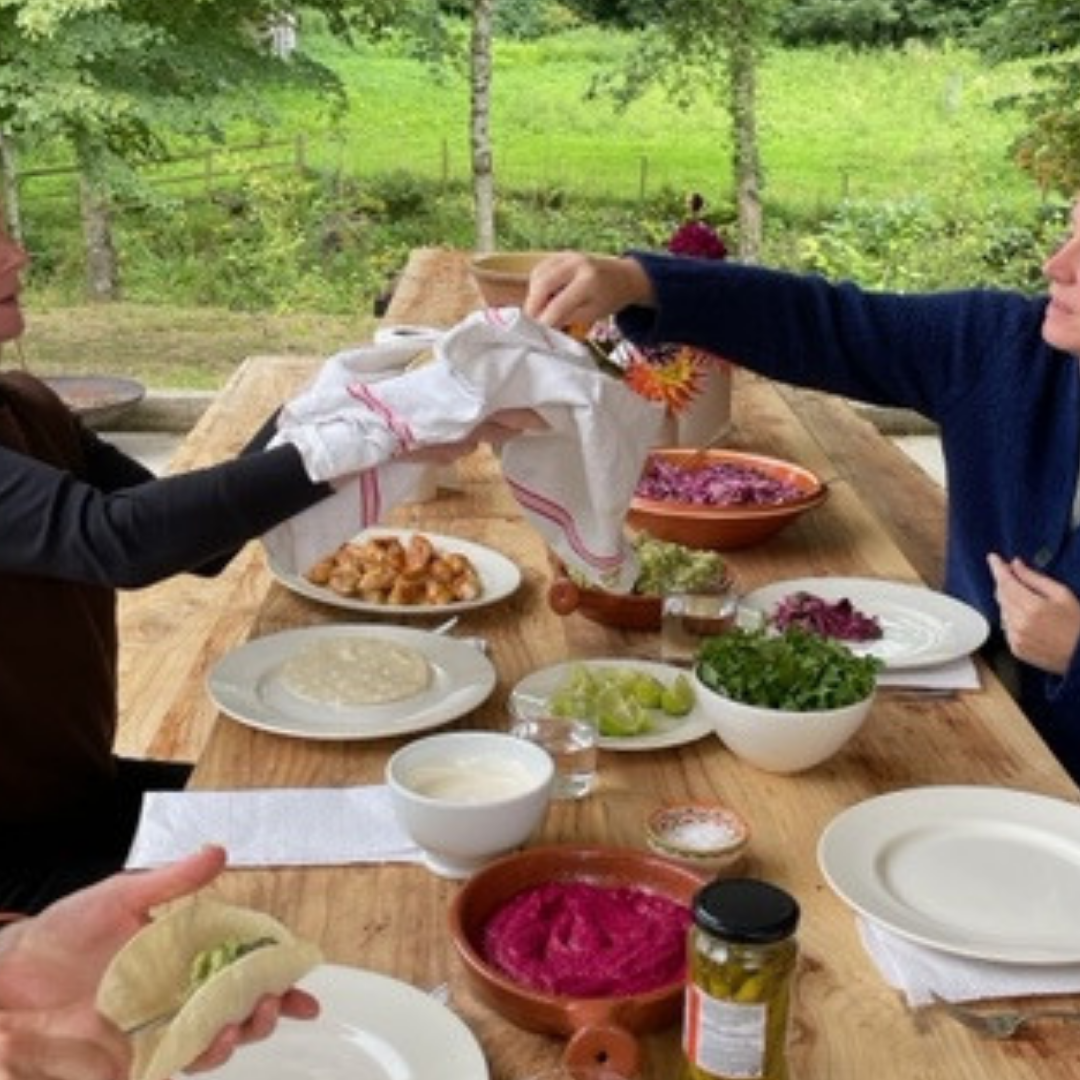
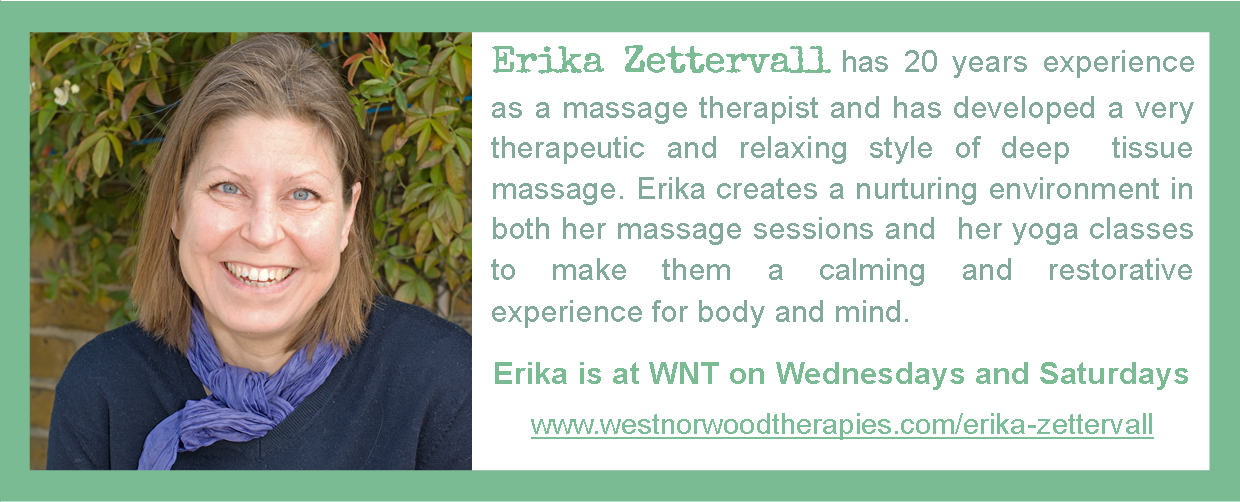
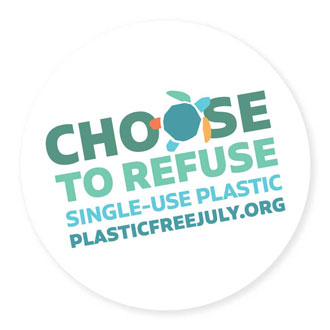

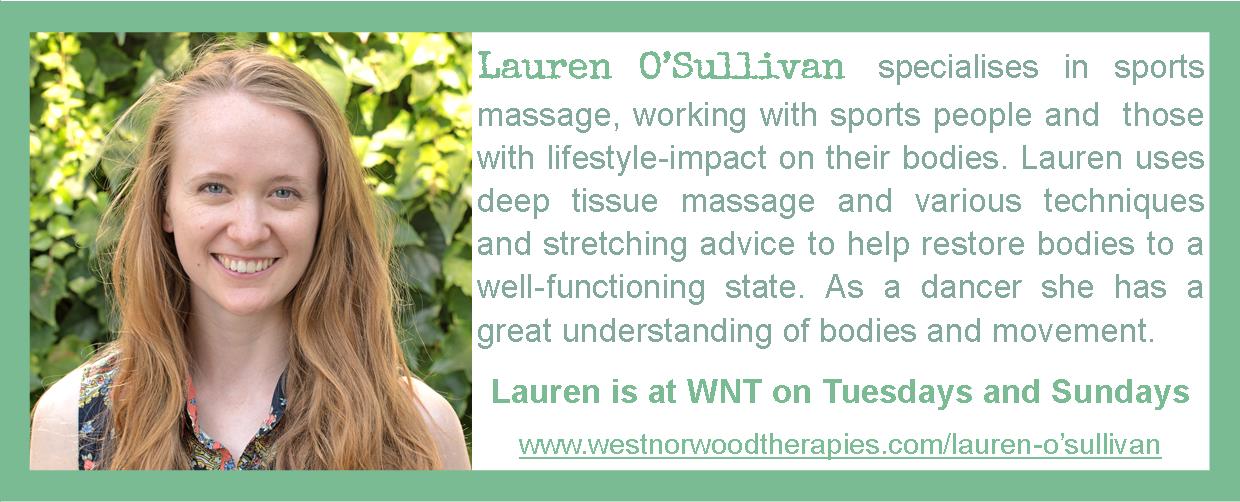
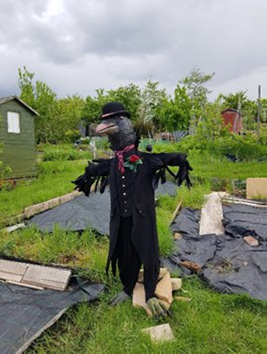
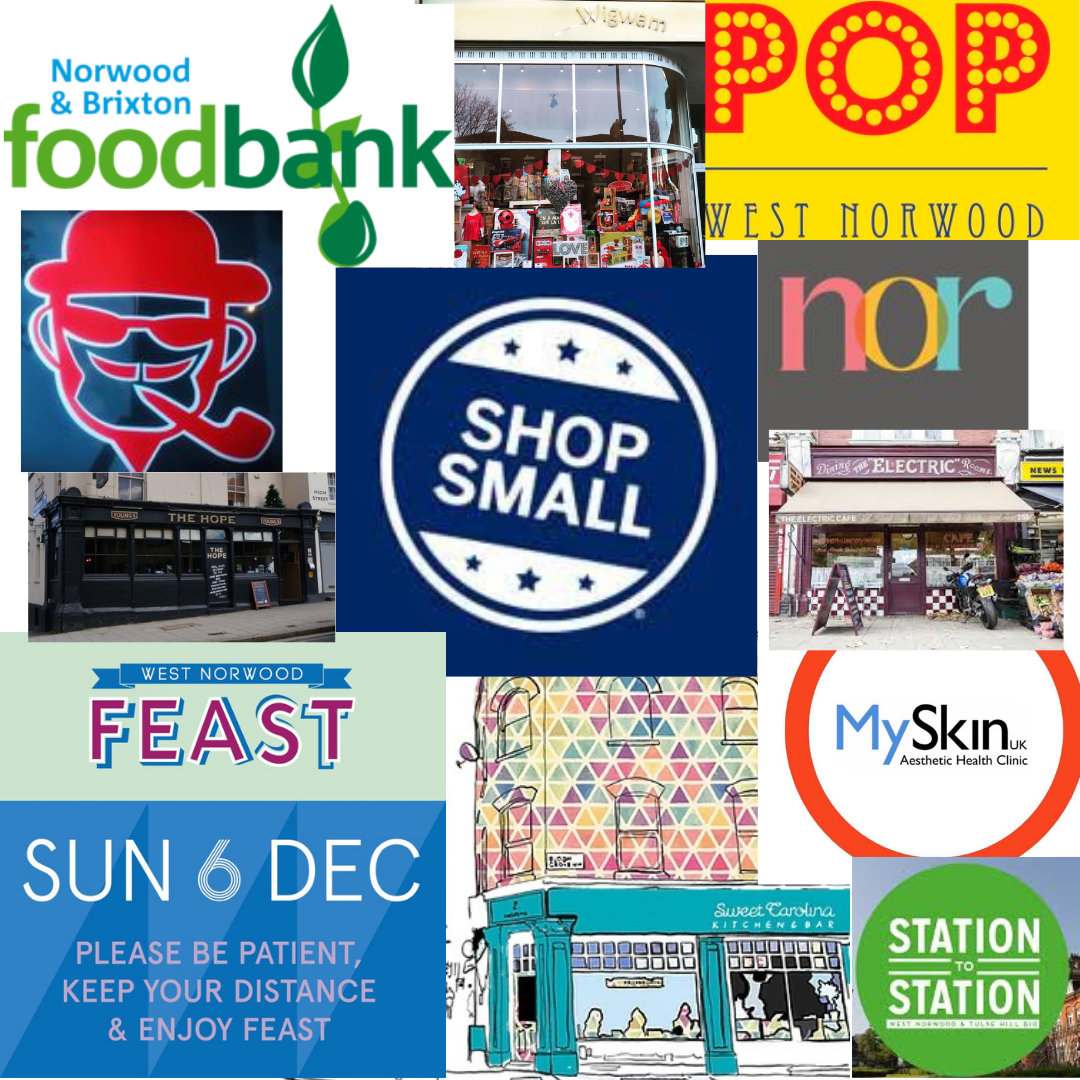
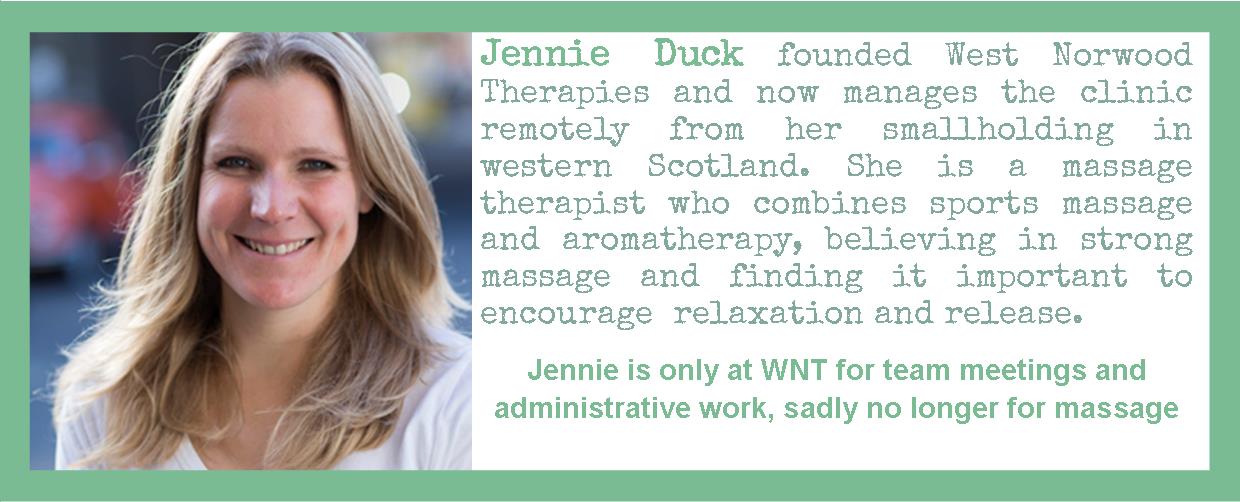
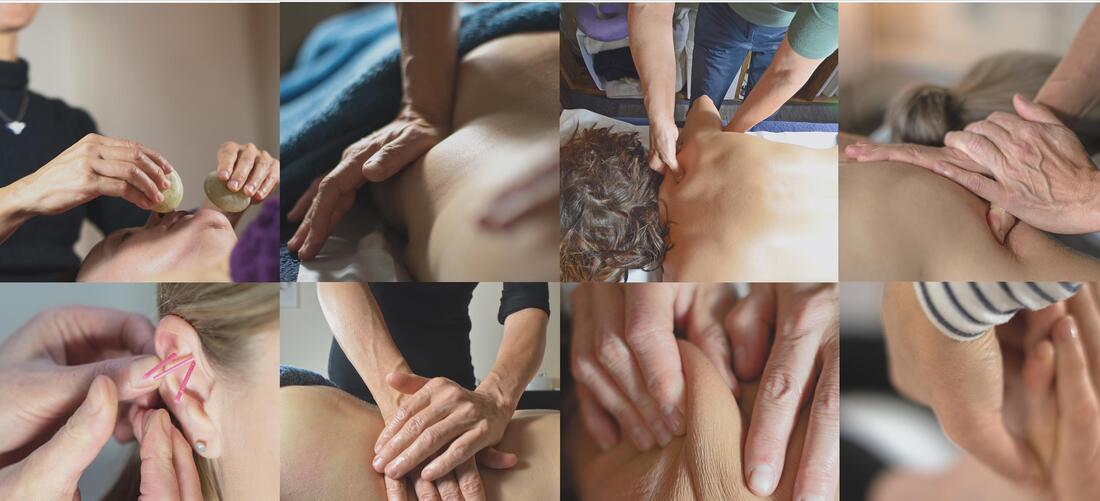
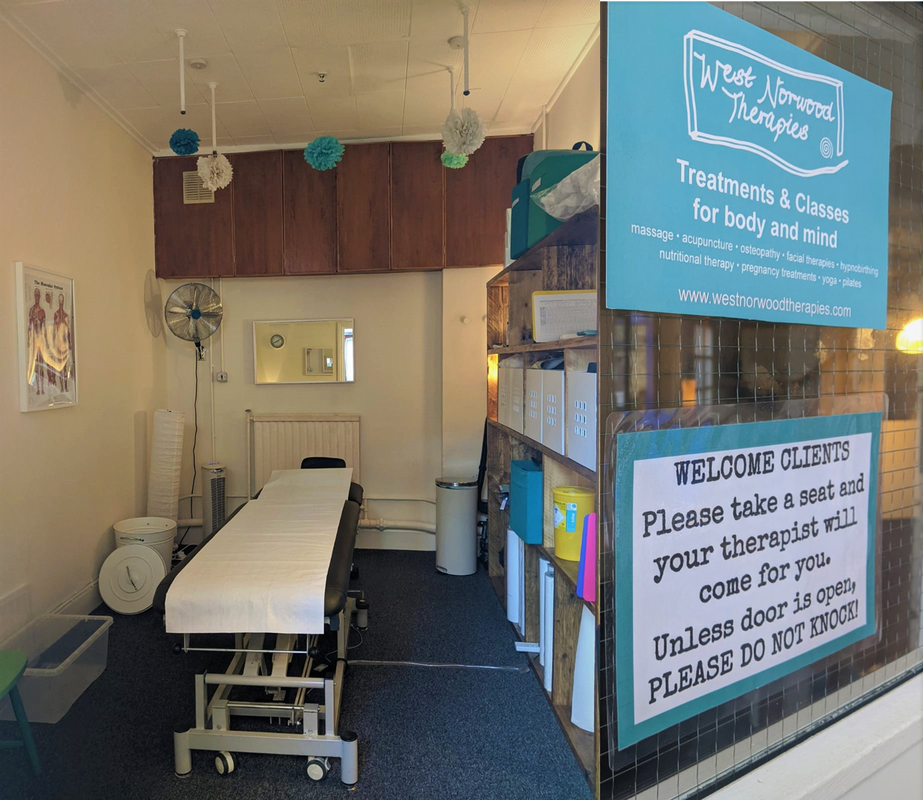
 RSS Feed
RSS Feed
